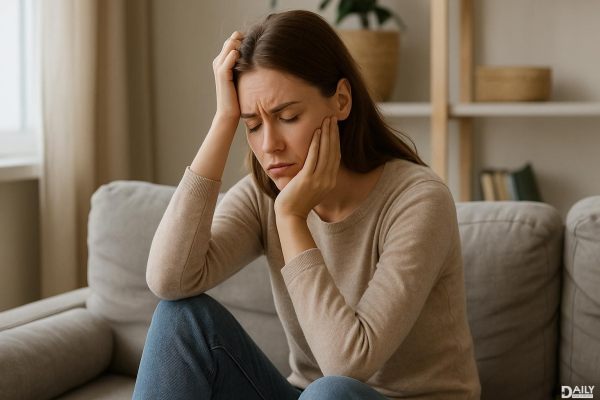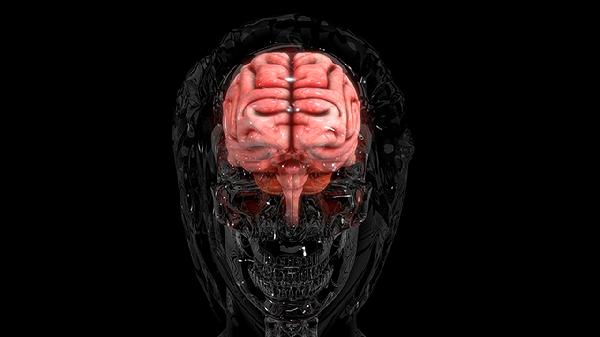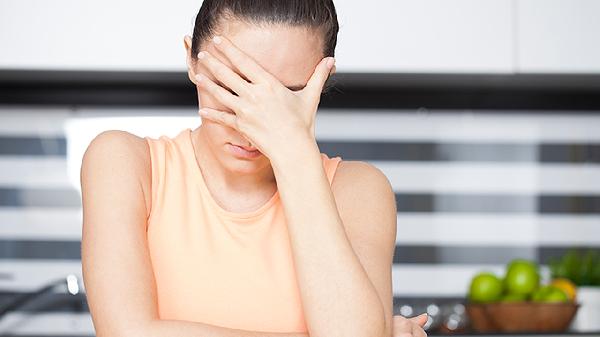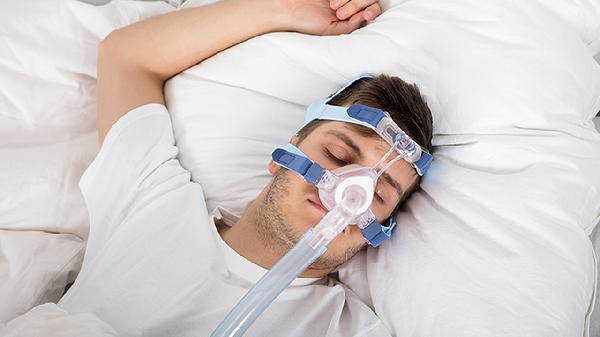Sleeping may seem like a simple task, but there's actually a lot of science behind it. Is it true that the longer you sleep, the better your energy levels will be? Not necessarily. Sometimes, sleeping too much can actually make you feel worse.
Many people can relate to this: after a tiring workweek, you look forward to the weekend to sleep in and catch up on rest, even sleeping for over 10 hours. However, even though you sleep more on weekends than on weekdays, you might still feel sluggish and want to sleep more.
In fact, the optimal sleep duration for most adults is 6 to 8 hours, within which people tend to feel their best. However, this varies by age group. Babies and children require longer sleep, while older adults need less sleep.
Different age groups have different sleep needs:
- Babies typically need 18 to 20 hours of sleep.
- Adolescents aged 10 to 18 should aim for 8 hours of sleep per day.
- Adults aged 18 to 50 should aim for 7 hours of sleep.
- Seniors aged 50 to 70 usually need less sleep, around 5 to 6 hours, because their sleep patterns change with age.
Now that we’ve discussed how much sleep is needed, what’s the best time to sleep? Experts suggest that children should go to bed by 8:30 PM, as they are growing and need ample rest. For those who care about their appearance, it’s best to sleep before 10:00 PM, as the period from 10:00 PM to 2:00 AM is the optimal time for skin metabolism, often referred to as “beauty sleep.”

In addition to getting enough sleep, the quality of sleep is also crucial. Even if you don’t sleep for a long time, achieving deep sleep can leave you feeling refreshed.
How can you improve sleep quality?
1. Create a peaceful sleep environment. The room should be quiet, comfortable, and well-ventilated to ensure fresh air.
2. Keep the room dimly lit. Bright lights can disrupt deep sleep and even lead to insomnia.
3. Avoid intense activities before bed. Strenuous exercise or playing exciting games can keep your mind too active to relax.
4. Avoid stimulants like coffee or tea before bed. These can keep your mind stimulated and make it harder to fall asleep.
5. Drink a glass of milk before bed. Milk has calming properties that can promote deep sleep.
If you’re struggling with insomnia, don’t force yourself to sleep—it can have the opposite effect. Stay calm and relaxed, as this will make it easier to fall asleep.
























